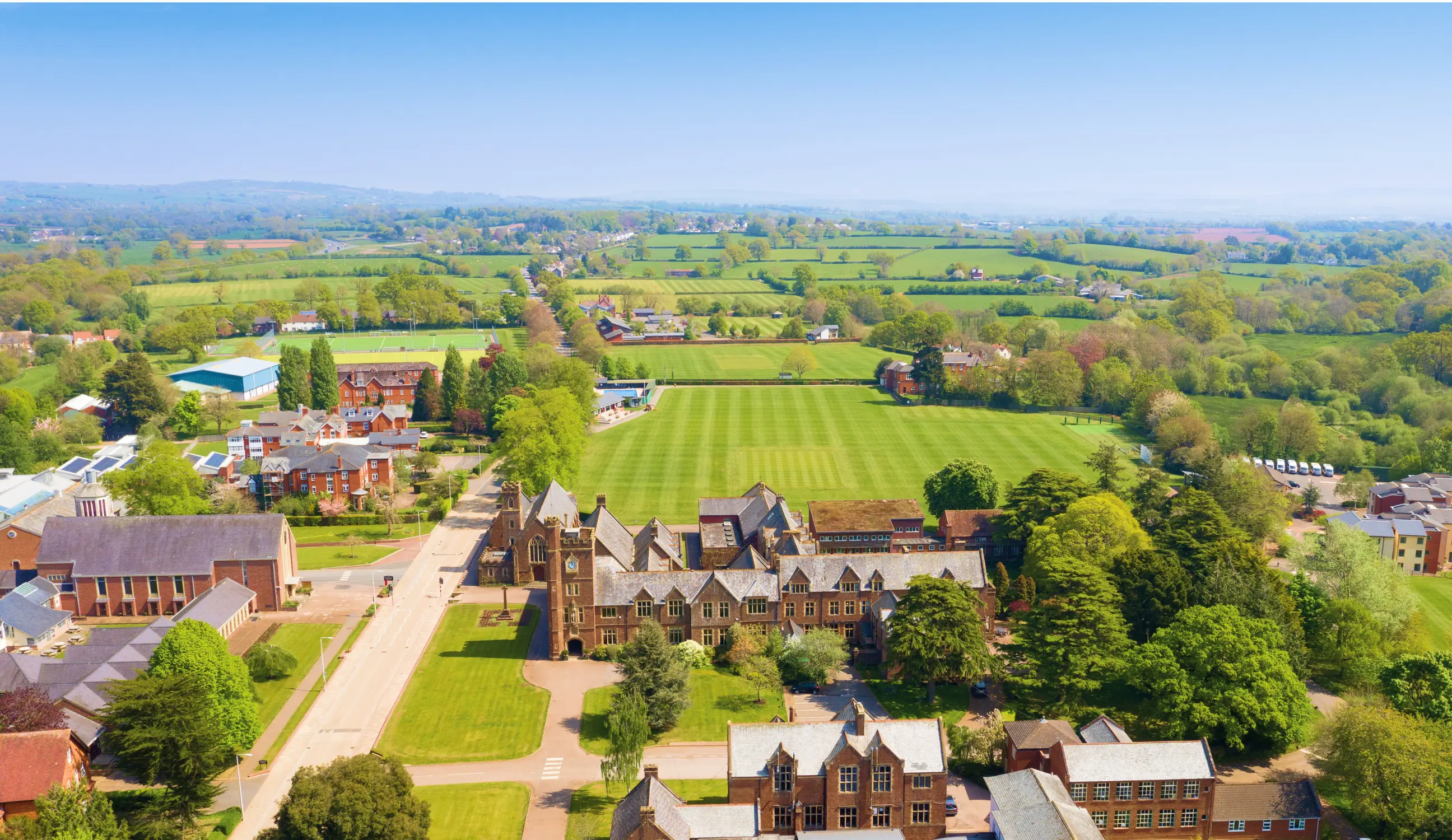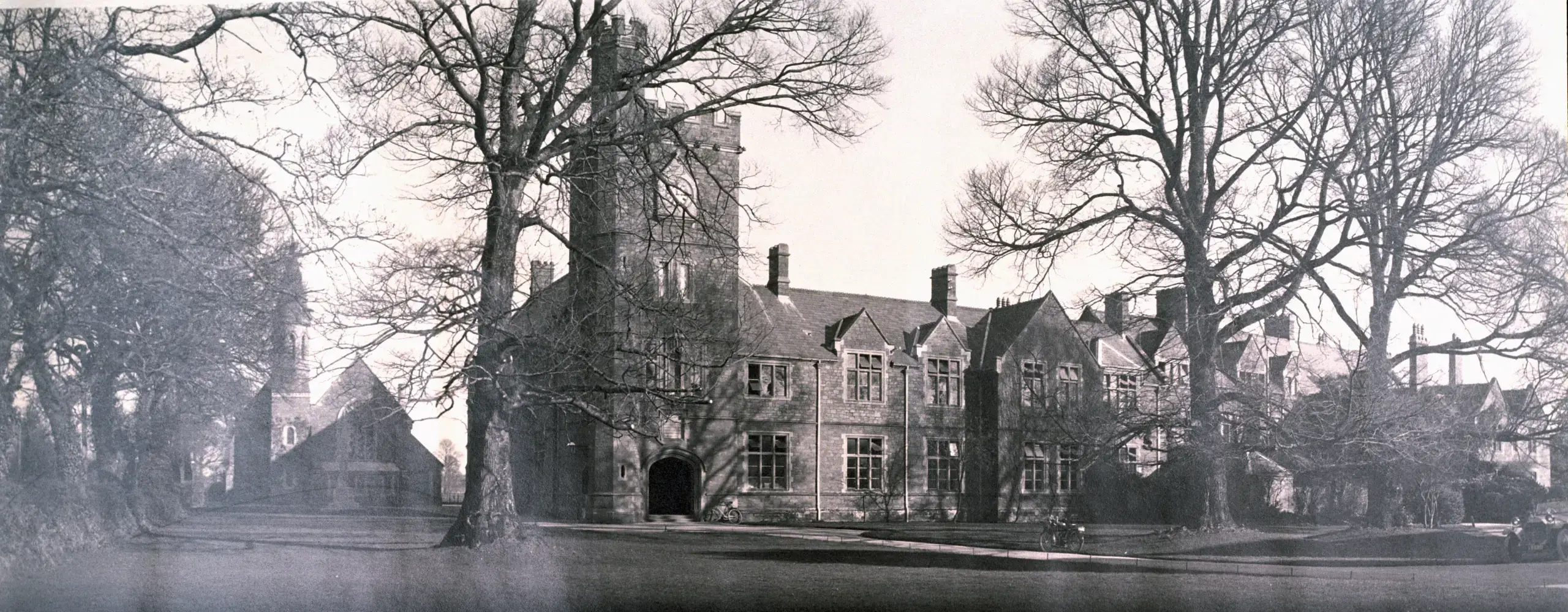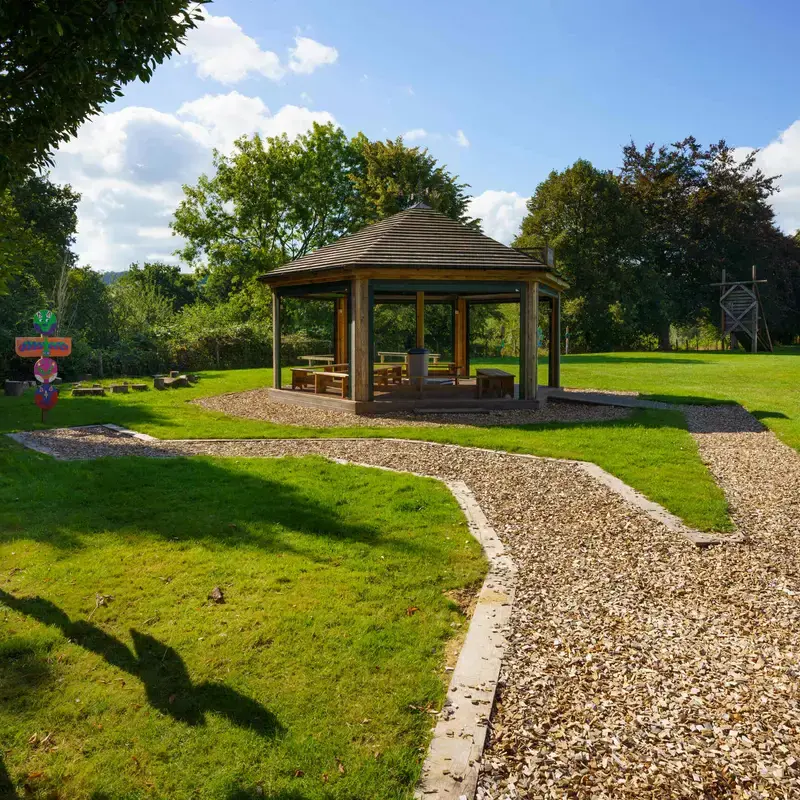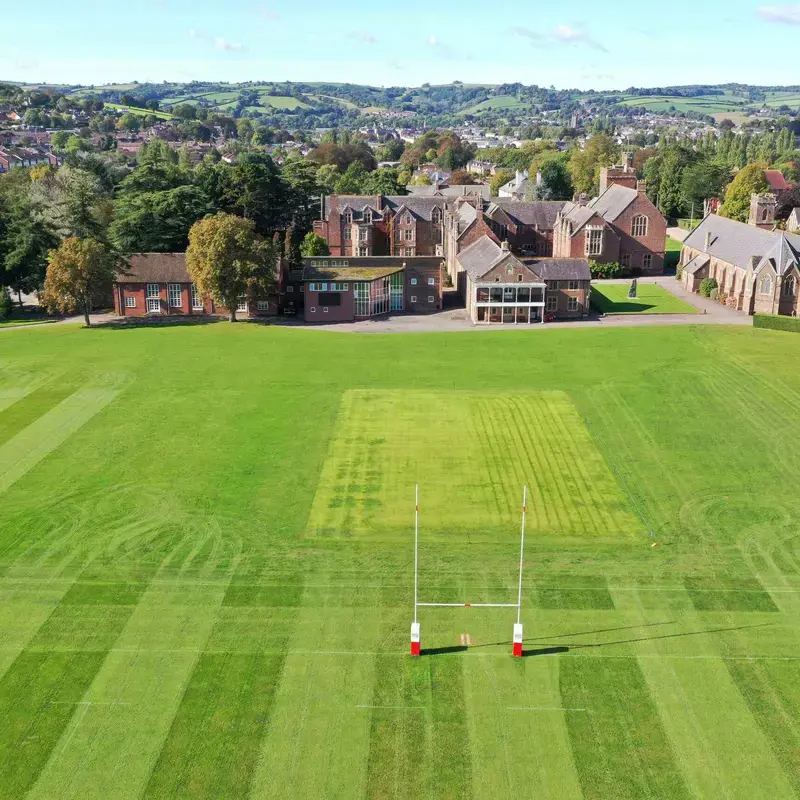History of Blundell's
'Though I am not myself a scholar, I will be the means of making more scholars than anyone else in England.'
-Peter Blundell
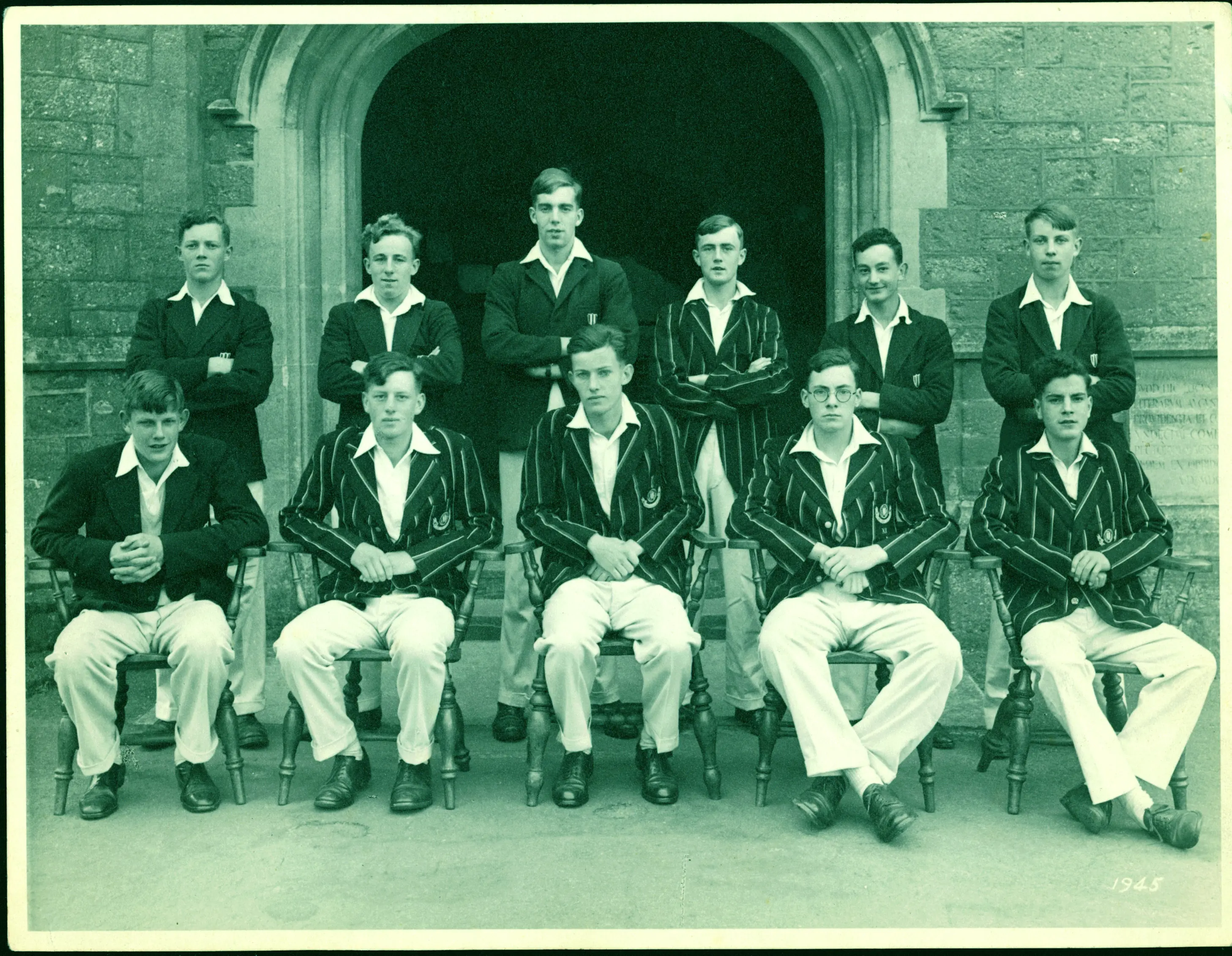
Peter Blundell was born in 1520 of lowly parentage, but, by trading woollen cloth and various financial deals, he accumulated a vast fortune. He died a bachelor in 1601, leaving over £40,000 to relatives in his home town of Tiverton and acquaintances in London. However, the largest single bequest was of £20,000 to be spent on building a school at Tiverton for a maximum of 150 boys. A site was chosen beside the River Lowman, and the school opened in 1604. Blundell had given directions to establish scholarships, which became focused on Balliol College, Oxford, and Sidney Sussex College, Cambridge, with which close ties are still maintained. The upkeep of the School, including the salaries of the masters, was to be funded by the rents from Blundell’s lands in Tiverton and South Devon.
In the early days a purely classical curriculum was followed - only Latin and Greek taught (free of charge), the main objective being university entry, often leading to a life as a clergyman or lawyer. In the early 19th century Blundell’s produced the famous R.D. Blackmore, author of Lorna Doone, Frederick Temple, Archbishop of Canterbury, and the hunting parson, Jack Russell. However, the School suffered a setback in the middle of the century due to a prolonged case in the Court of Chancery. Allegations had been brought by the townspeople of Tiverton, centring on the unfair treatment of local boys and the restricted curriculum. The decision, announced in 1846, went against the School and resulted in the abolition of boarders, the introduction of a wider range of subjects, and crippling court costs. However, Blundell’s gradually regained its former prominence: boarders were permitted to return, tuition fees introduced, and in 1882 the School left its cramped location by the Lowman to its present large, healthy site.
Despite the deaths of 367 former Blundellians during the two World Wars, the first half of the 20th century at the School was a time of progress and innovation. In the first decade, mathematics and science flourished, with one of the most able pupils, A.V. Hill, later earning the Nobel Prize for Physiology and Medicine. There was a great flowering of music and the arts In the 1920s and 1930s, initiated by such individuals as ‘Jazz’ Hall, the music master who brought several international performers to Blundell’s. Sport had always been important at Blundell’s, and the post-war years produced a clutch of internationals, most notably the rugby players Richard Sharp and Clem Thomas.
The stormy social upheavals of the 1960s and 1970s were ably weathered by the School and a period of innovation and expansion ensued. A new Dining Hall, Music School and ‘Big School’ were opened in 1967; the first girl was admitted into the sixth form in 1975: a purpose-built theatre building was provided through the generous beneficence of Sir Christopher Ondaatje, enabling the teaching of drama and theatre studies; in 1996 full co-education began, and in 2001 St Aubyn’s moved on to the campus, and became Blundell’s Preparatory School.
Whereas many similar schools have chosen to specialise in their curricula and facilities, Blundell’s has concentrated on maintaining an equally high standard in all subjects, and increasing the opportunities and facilities offered to its students. Results have shown, and continue to show, that Blundellians leave the School as confident, competent young adults, fully able to succeed in an ever-changing world.

EXPLORE MORE
Where Next?


